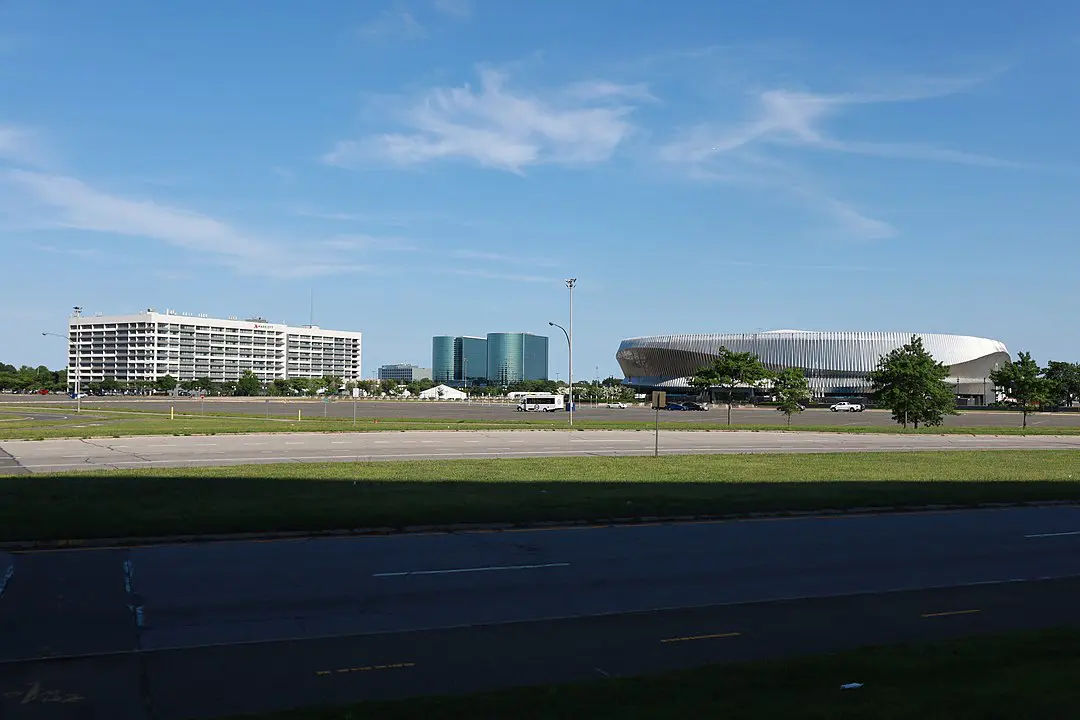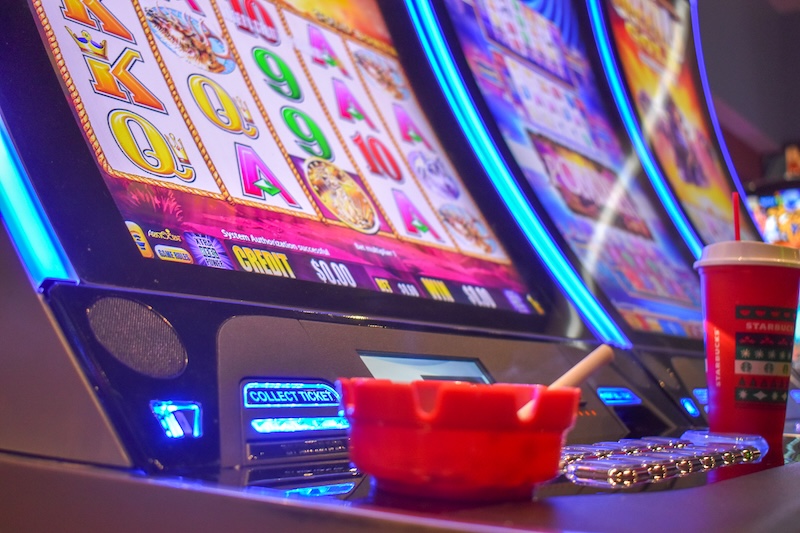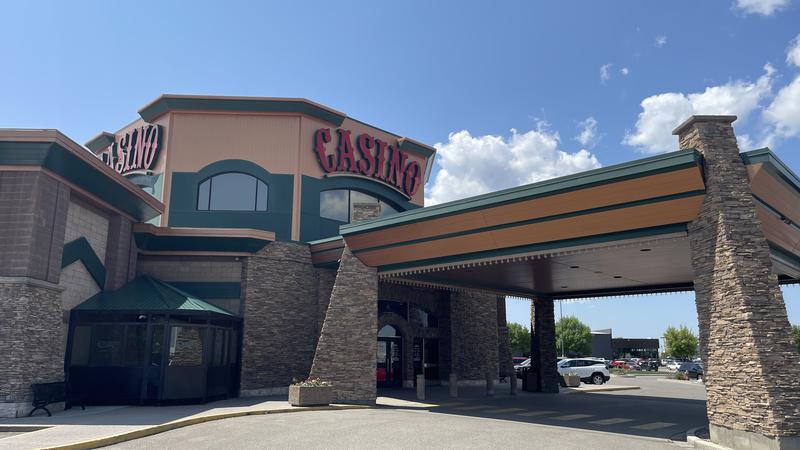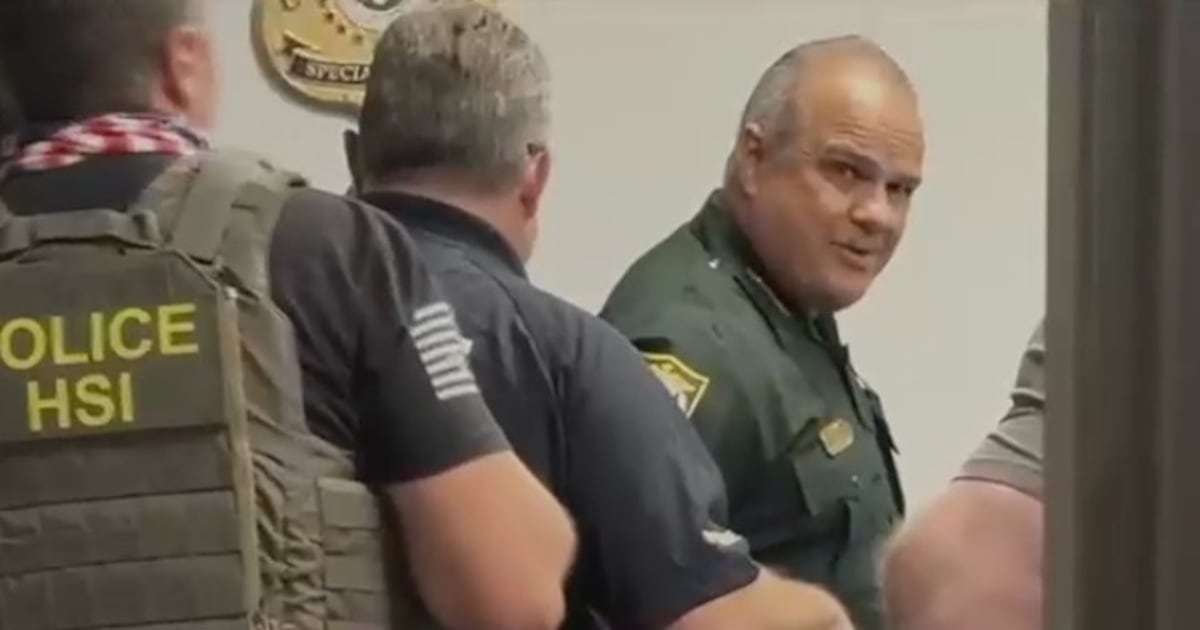Gambling regulation in the Netherlands is once again facing a period of uncertainty after the collapse of the coalition government.

Dick Schoof has stepped down from his role as the Dutch prime minister, following Geert Wilders’ decision to quit due to a clash about asylum and immigration policy.
On the gambling industry front, the tax rate has been the headline issue for the coalition, which was in power for less than a year.
In September, as part of the Budget presentation, the coalition government confirmed plans to increase the gambling tax rate from 30.5 per cent in two stages.
In April, announcing its 2024 results, Holland Casino said it paid €222.6m in gambling taxes last year ahead of a second increase in the tax rate to 37.8 per cent from January 1, 2026.
The company urged the Dutch government to scrap the rise and said it is “incompatible” with state secretary Teun Struycken’s plans for improved responsible gambling policy.
“With a total tax burden well over 50 per cent of revenue, achieving that vision becomes unrealistic,” Holland Casino said.
According to Reuters, an election could be held in October this year to decide a new government.
Wilders is expected to lead his PVV party into the vote, with his party the largest in the coalition before its collapse.





